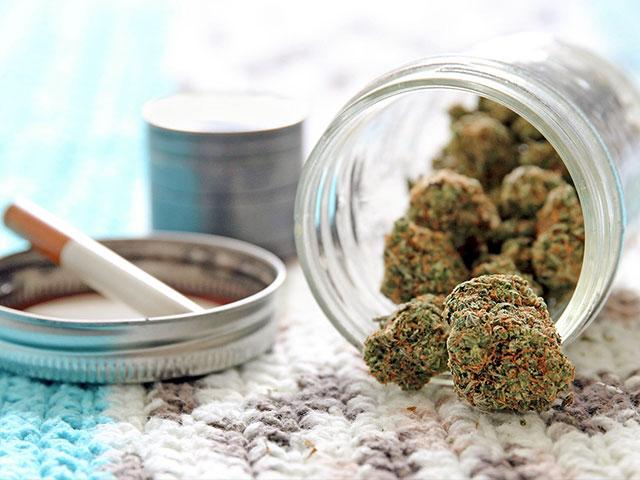 A new study out of the Netherlands is proving to be the most accurate yet on the effects of marijuana legalization and it has identified a disturbing result: College students with access to marijuana on average earn worse grades and fail classes at a higher rate.
A new study out of the Netherlands is proving to be the most accurate yet on the effects of marijuana legalization and it has identified a disturbing result: College students with access to marijuana on average earn worse grades and fail classes at a higher rate.Maastricht is close to the borders of Belgium, France and Germany and the drug tourism was proving difficult for the city to handle.
Because of the new rule, students attending Maastricht University from neighboring countries were suddenly unable to access legal pot. Meanwhile, students from the Netherlands continued to use it unhindered.
In their study, published in the Review of Economic Studies, found that out of more than 4,000 students, those who lost access to marijuana substantially improved their grades.
Those banned from the cannabis cafes had a more than five percent increase in their odds of passing their classes. Those who were performing the worst previously benefited the most from the ban–the researchers noted this is especially significant because those students were at the highest risk of dropping out.
The researchers attribute the results of their study to the cognitive impairments that go hand-in-hand with marijuana usage (e.g., in concentration and memory.)
Marijuana researcher Rosalie Pacula of RAND Corporation told The Washington Post that the Maastricht study provides better evidence against legalizing marijuana than any study done in the U.S..
According to Keith Humphreys, Professor of Psychiatry and Behavioral Sciences at Stanford University, this new research, “provides highly credible evidence that marijuana legalization will lead to decreased academic success–perhaps particularly so for struggling students.”
